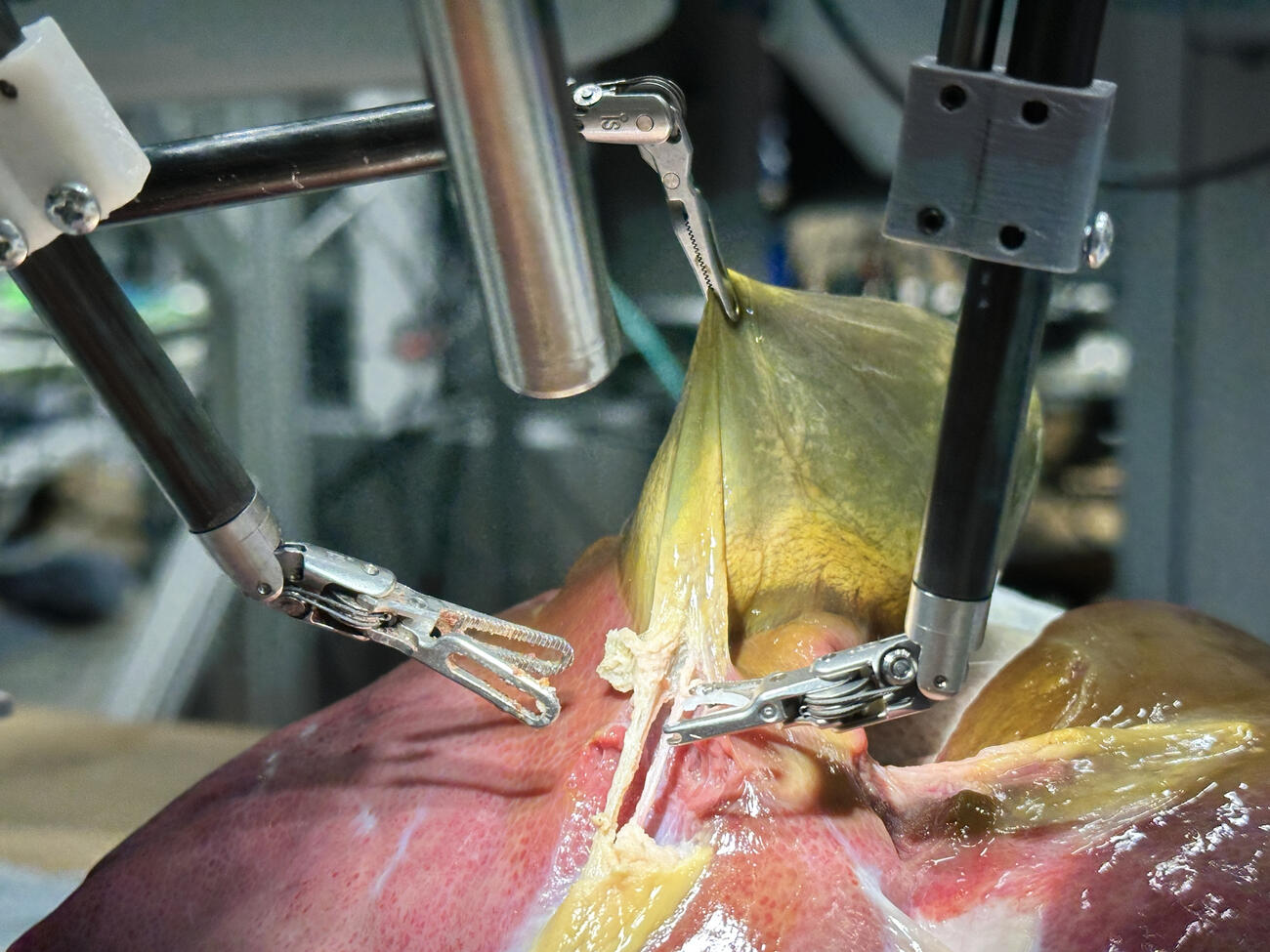A robot trained on videos of surgeries performed a lengthy phase of a gallbladder removal without human help. The robot operated for the first time on a lifelike patient, and during the operation, responded to and learned from voice commands from the team—like a novice surgeon working with a mentor.
The robot performed unflappably across trials and with the expertise of a skilled human surgeon, even during unexpected scenarios typical in real life medical emergencies.



I’d bet on at least twenty years before it’s in general use, since this is a radical change and it makes sense to be cautious about new technology in medicine. Initial clinical trials for some common, simple surgeries within ten years, though.
This is one of those cases where an algorithm carefully trained on only relevant data can have value. It isn’t the same as feeding an LLM the unfiltered Internet and then expecting it to learn only from the non-crazy parts.
Hopefully more people learn that this is the important part.
It becomes nonsense when you just feed it everything and the kitchen sink. A well trained model works.
it’ll definitely get the greenlight in countries like China before anywhere in the west, I believe
Why?
Just a hunch, since technological advancements seem to hit the public realm much faster in places like China, in the cities especially. I don’t know what the laws are like there, but I’ve heard rumors that there is less government regulations for technologies that can benefit the general public, like drones and automated metros. Oh yeah, and how could I forget about the robots they show off at conventions, to take the place of receptionists and other customer-facing positions.
There’s always a Japanese company showing off mechs at those conventions as well. We never see them in general usage though.
I work with of those shiny tech companies from China. Believe me the shiny part is on the surface only. The more you look under the hood, the more it’s getting poor. With Chinese tech the problems start when you have it. European companies before you have it. US companies when you have no scale.
Regarding Chinese regulations, you simply drill it down to: for the Government a human live is not worth much. Because „we are so many“
The idea that a carefully curated data set may yield better results seems to be something that even the likes of Google engineers can’t get their heads around.